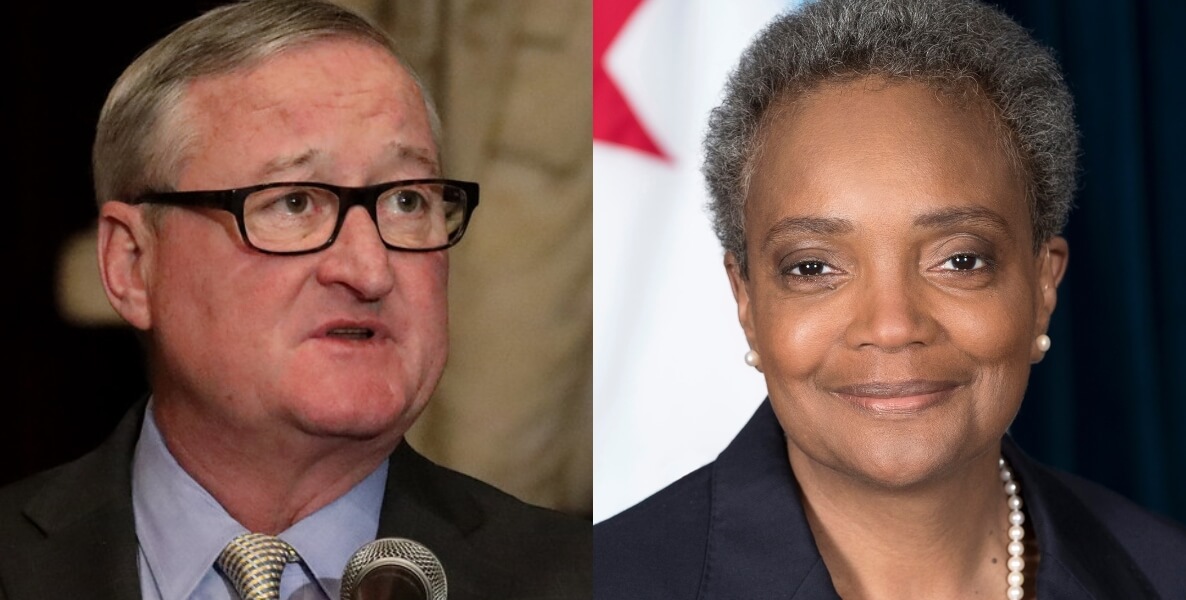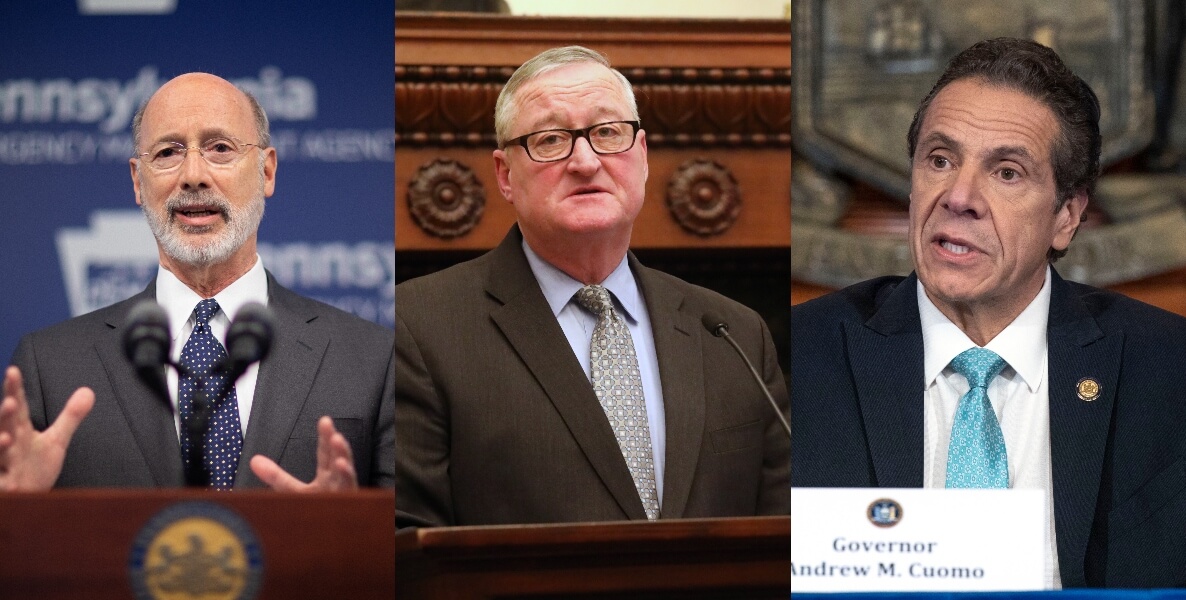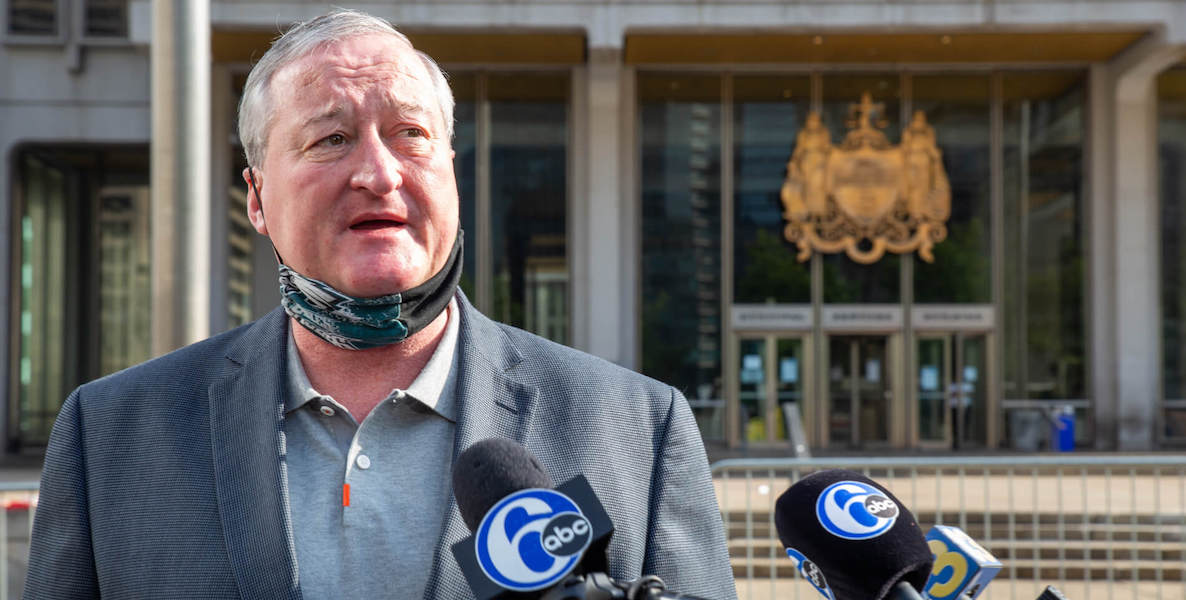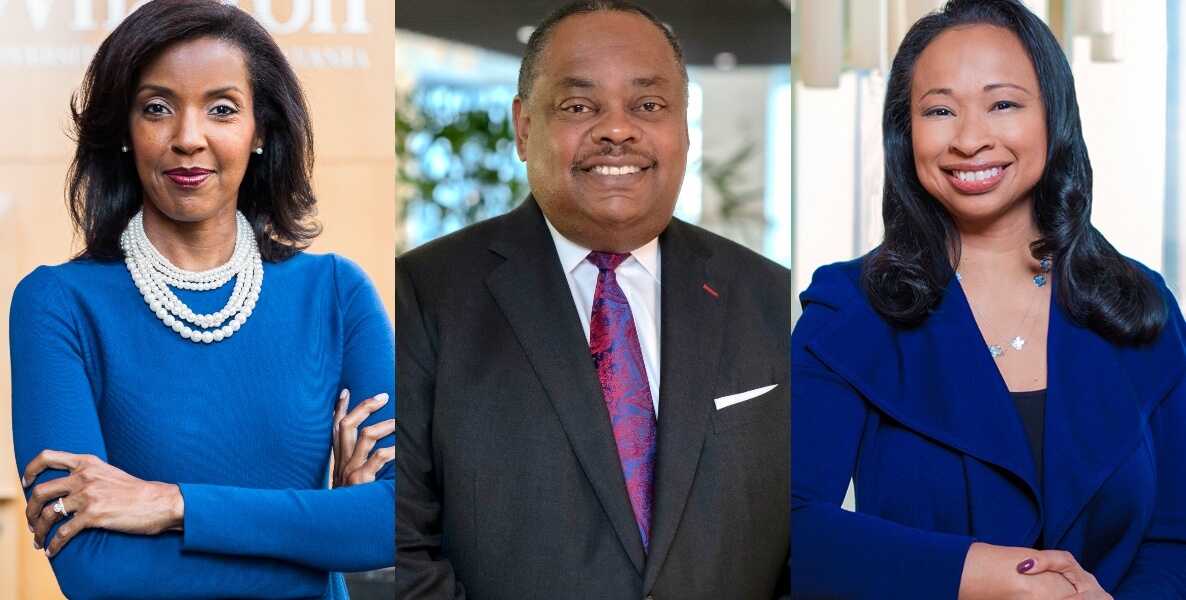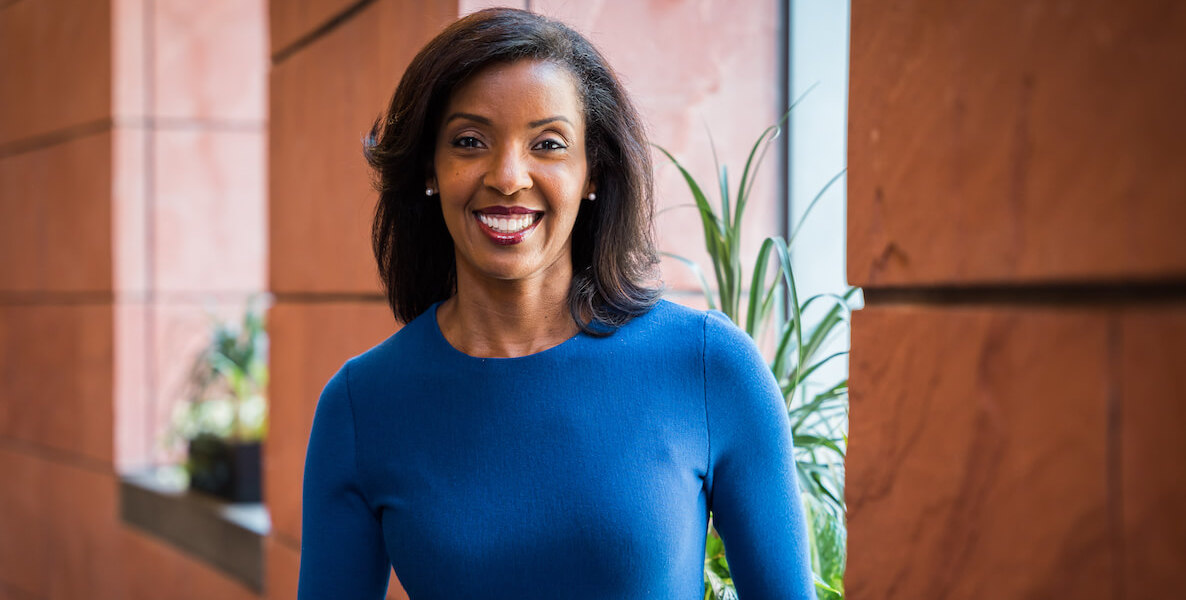to this story in CitizenCastListen
In it, he walks the length of our main thoroughfare, the longest boulevard in urban America, and talks to the indigenous people, searching for the heart of what makes us Philly. (He later turned it into an uproarious book that I heartily recommend, Walking Broad: Looking For The Heart of Brotherly Love.)
Recent events put me in mind of this passage from Buschel’s 2006 piece:
Atop the Oak Lane Diner’s roof at 66th is a sign that sings WELCOME TO PHILADELPHIA. So I stop for a cup of coffee and the Daily News. Making news are Larry Bowa, union unrest, Bruce Springsteen, Neil Stein, Eagle madness, Ed Rendell, Jerry Blavat, Dick Vermeil, Arlen Specter, Lynne Abraham, and the resignation of the Cardinal Dougherty athletic director, who allegedly used racist epithets. Is this the Twilight Zone? A quarter of a century, and nothing has changed. It’s comforting; it’s disconcerting. It’s why you left; it’s why you are back today.
Ah, yes, it’s always Groundhog Day in Philly, no? The litany of seemingly intractable challenges remain stubbornly constant—body bags and chalk outlines, poverty, trash-strewn streets, economic stagnation, taxes, taxes, and more taxes—and yet the cast of characters (mea culpa) seldom changes, even over decades.
Well, three recent ascensions in Philly’s insular power constellation got me thinking that substantive change actually is in the air. First came Erika James’ appointment as dean of The Wharton School. Then there was the appointment of Gregory Deavens to fill the considerable shoes of Dan Hilferty as president and CEO of Independence Blue Cross, effective in January. Finally, there was the promotion of Dalila Wilson-Scott at Comcast to executive vice president and chief diversity officer, and president of the Comcast NBCUniversal Foundation—essentially, the legendary David Cohen’s job, minus the governmental lobbying.
Welcome our new leadersDo Something
Yes, it’s very cool that all three are African-American, but just as important is that all three hail from elsewhere. Philly’s provincialism can be charmingly quaint, but—as when Police Commissioner Danielle Outlaw faces opposition from within solely because she’s “not from here”—it can also be a force that repels reform and sparks a type of self-censorship among civic, business and political decision-makers.
If a social scientist studied it, I bet Philly would lead the nation in the amount of times someone with institutional power dismisses an idea with the words, “But we’ve never done that before here.”
Let’s look at our three newest potential insider change agents.
“Crisis leadership, not management”
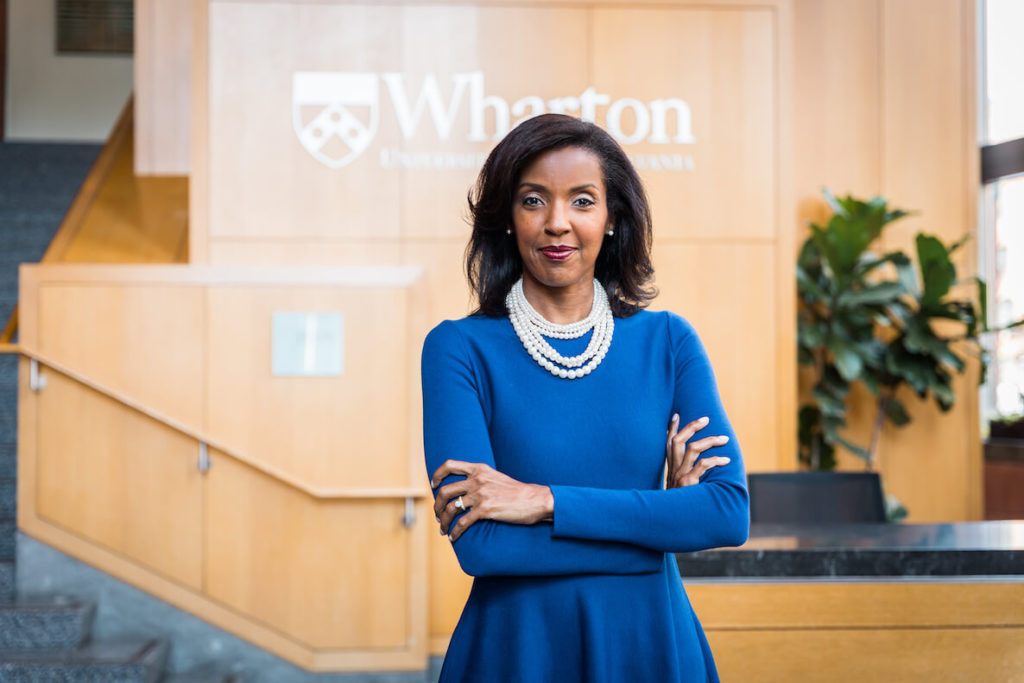
James was born in Bermuda, grew up in Texas, and comes to Philly from Emory University’s Goizueta Business School, where, as at Wharton now, she was the school’s first female and African-American dean.
On her first day at Wharton in July, she told Robin Roberts on Good Morning America that her focus “primarily and predominantly [will be] on insuring we take the country’s first, biggest and best business school and make it even better, and that will only happen if we insure we have the right kind of talent in the right positions, and I believe talent exists everywhere and comes in all colors and packages.”
As we covered this week, James is launching a lecture series to shed light on how systemic racism impacts business and society. It will find her in conversation with change agents like venture capitalist Josh Kopelman and Wharton alum Chris Bennett, CEO and co-founder of Wonderschool.
James’ academic research is centered around crisis leadership—and could anything be more on point than that right now? All cities face myriad challenges, and James has moved to a town where, as chronicled here ad nauseum, leadership has often shrunk before them, either reacting in denial or settling for mere incrementalism. Notice her very intentional phrase: Crisis leadership, not management.
“So far, all of the books that are out there on crisis handling have to do with the management side, namely the very tactical crisis response behaviors,” James told one interviewer when discussing Leading Under Pressure: From Surviving to Thriving Before, During, and After a Crisis, her 2010 book with Lynn Perry Wooten.
Hear from Erika H. JamesDO EVEN MORE
Working to make health care better for everyone
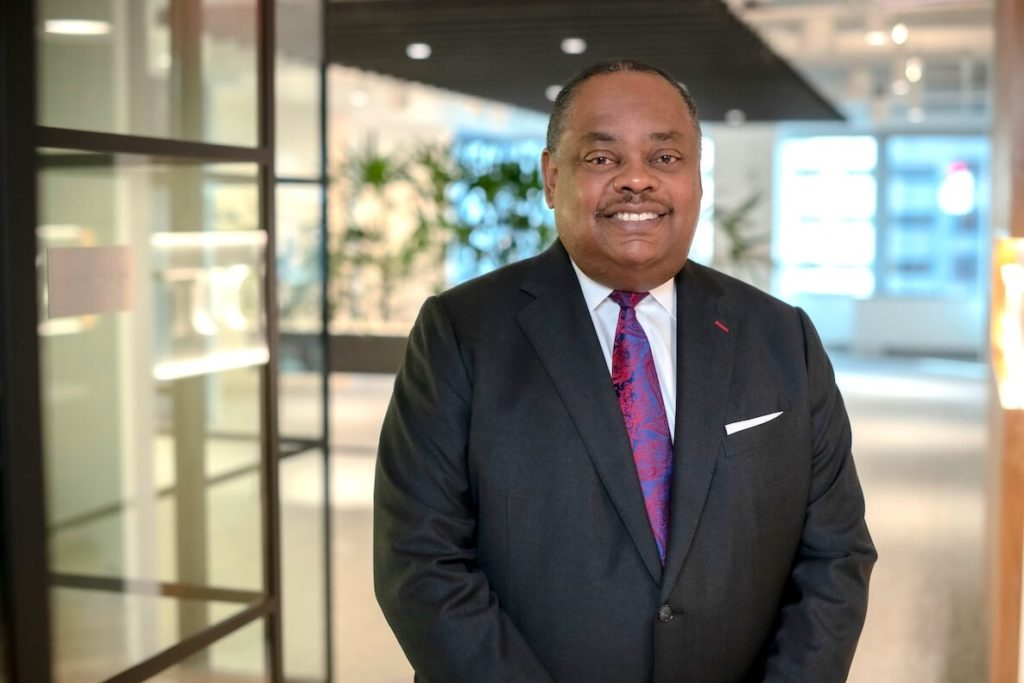
Like James, Deavens, who will be IBX’s first African-American leader, is a trailblazer. Also like James, he’s not Philly born and bred. A native of New Orleans, he was raised in St. Louis, where his mother, the late Minister Shirley Mae Bouie Deavens, founded the World Overcomers Christian Center, a place for fellowship for those overcoming challenges in their lives. A larger than life presence, with a penchant for high heels, Minister Deavens also preached the good word as religious columnist for the St. Louis American newspaper.
When she passed, Deavens recounted in her obituary her post-Christmas dinner ritual. Without fail, she’d ask her family what their goals were and what they accomplished last year.
“Then she would ask if we had written them down yet, because revisiting your goals on a regular basis is an important part of achieving them,” Deavens said. “And that was part of her normal ritual.”
She may not have been publishing textbooks on the subject, but you tell me if ol’ Shirley Mae wasn’t teaching leadership to her brood, and a whole community. In fact, when the Philadelphia Tribune asked him what his priorities would be as IBX’s leader, you could almost feel his mother’s influence.
“I would say that my passion for making sure that people have access to care is really at the core of the work that I do,” he said. “Certainly I’ve seen firsthand some of the challenges that people face in interacting with the health care system and I believe that we can continue to make it better and make it better for everyone.”
“The hard work of equity in our cities courses through her veins”
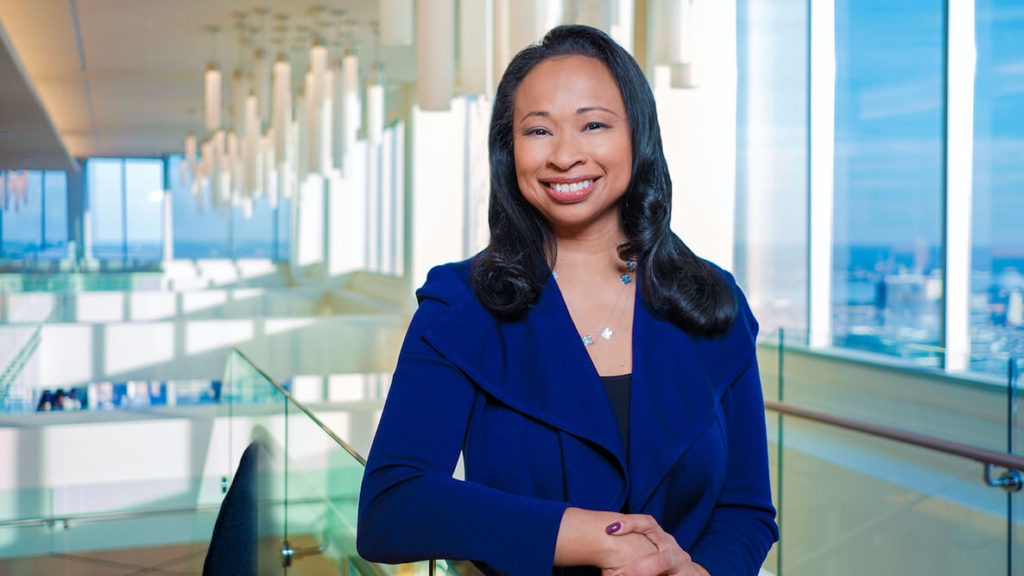
Finally, there’s Dalila Wilson-Scott, who is a friend and a supporter of The Citizen. Comcast will be the presenting partner of our Ideas We Should Still Festival in December, and it is in that context that I’ve seen the depth of her passion for urban problem-solving.
Prior to coming to Comcast and Philly, she spent 16 years at JPMorgan Chase & Co., where she served as head of Global Philanthropy and president of the JPMorgan Chase Foundation.
I’ve no doubt annoyed Dalila with my incessant questions about civic interventions that have worked elsewhere, especially in Detroit, where she headed Chase’s $100 million commitment to that city’s recovery coming out of bankruptcy. But the best thing about Dalila? Her South Side Chicago roots. The hard work of equity in our cities courses through her veins.
One hopes that’s true of all three of these leaders, and that they realize there is nothing inevitable about the American city. In fact, it’s kinda downright irrational: Let’s take all these people, from all these different backgrounds, and put ‘em damn near on top of one another, and have them live together!
That’s why, about 70 years ago, Richardson Dilworth, Philly’s swashbuckling reform mayor, a disruptor before the word ever entered the lexicon, said the following: “Where would the cities of this country be if it were not for men like me who fought for them?”
On leadership in PhillyRead More
There’s that permanent establishment thing again. Its deference to holding onto power tends to value incrementalism over bold reform. It’s why we get a progressive Land Bank—but we have to wait years for it and we have to tolerate its deferral to councilmanic prerogative, kinda defeating the purpose.
And it’s why, a few years back, we couldn’t even hold a hearing into selling the Gas Works for a $1.8 billion windfall. And it’s why we tolerate a string of perp walks among our elected officials and labor leaders. For such a self-hyped tough town, we sure shrug our shoulders a lot. It can get tiring; the status quo can beat you down.
But then, every once in a while, new folks appear, and they don’t ask permission; they just try to make things better. That’s leadership.



